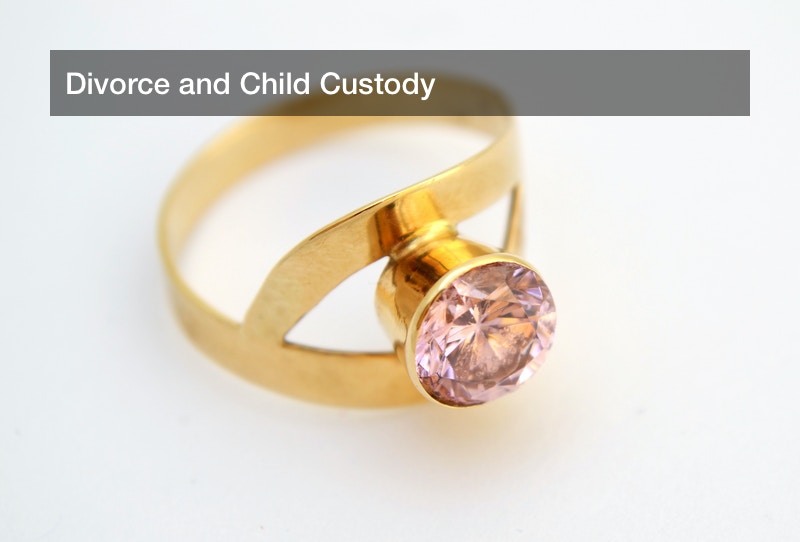Marriage stands as one of the oldest and most universal institutions in the entire world, designed by tradition to unite a man and woman into a single household that will bear and raise children. Some nations today have also legalized same-sex marriage, and same-sex households are known to adopt children. But the current rate of divorce is also high, and today, it is believed that 40% of American marriages end this way. Some marriages are relatively tidy and simple affairs, and don’t require the aid of family lawyers or divorce lawyers or even divorce court. But other divorces may certainly call for divorce papers, court, and attorneys, and many of these large-scale divorces call for child custody attorneys as well. A divorcing parent looking to win custody can seek out custody evaluation help, and this can help them prepare their case better. What does typical custody evaluation help entail, and how might the divorce itself turn out? All divorces are different, but there are precedents on how to handle them.
Why Divorce Happens
According to statistics, infidelity is the leading reason for divorce in the United States today, when one spouse is unfaithful to the other and is discovered somehow. If marriage counseling cannot salvage the situation, then divorce may likely follow. A spouse who abuses drugs or alcohol is also likely to end up having divorce papers filed against them, and a spouse who is physically or sexually abusive towards members of the household may end up the same way. Serious financial strain may also lead to a divorce, such as a loss of a job and difficulty in finding new employment. Low-intensity divorces, by contrast, are often based on a lack of mutual compatibility, or if the two spouses lose interest in one another or if they have very different spending habits and lifestyles.
Getting Custody Evaluation Help
During a divorce, each spouse is likely to have at least one lawyer who will represent them during divorce court, and if custody of children under the age of 18 is on the line, professional custody evaluation help can help, too. An evaluation expert is not a lawyer, but will assess a case fairly and help determine who should take custody of which child, and why.
A client looking for custody evaluation help is advised to follow a few guidelines. For one thing, honesty and transparency are a must, even if the parent must admit something unflattering. After all, many child custody assessors are trained to identify lies, and dishonesty will reflect quite badly on the parents’ case. Besides that, the parent ought to listen to their lawyer as well and follow that attorney’s directions and advice during the assessment, to increase their odds of a favorable outcome. What is more, the parent should remember that the assessor is an objective and neutral party, rather than a personal ally.
The parent can take many steps to present themselves in a positive light, such as arriving on time to all appointments and dressing well, and maintaining a positive and agreeable attitude. The parent can also write down any questions or concerns they may have, and voice them during meetings. Next, the parent should make sure that their living space is also presentable, as in organized, tidy, and clean. This way, the assessor will get a positive impression, and the parent should locate and organize all paperwork for the child’s case, such as school records and medical records.
Another important thing for the parent to note is to advocate themselves as a parent, not as a spouse, and keep their marriage and parenthood separate. Grievances about the divorcing marriage should be left out, and petty attacks on the other spouse are to be avoided. In a similar vein, the parent is urged to always put their child’s needs first, even if it comes at a personal sacrifice, and the parent can refer to friends who may spot contradictory behavior or ideas in them. On a final note, the parent ought to present a warm and interactive household, where they can be themselves and spend quality time with their child such as sharing hobbies and perhaps gentle outdoor play, and not just depositing the child in front of the TV.
